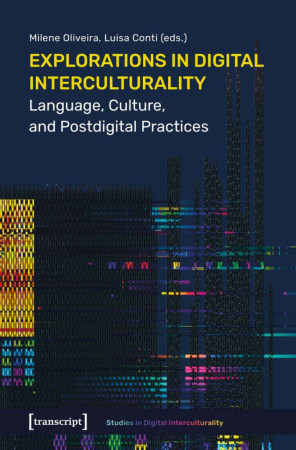The use of language technologies in forced migration: An explorative study of Ukrainian women in Austria

Chapter
Author(s) / editor(s):
Jannis Androutsopoulos
,
Jenia Yudytska
Year: 2025
In: Oliveira, M. / Conti, L. (eds.): Explorations in Digital Interculturality: Language, Culture, and Postdigital Practices. Bielefeld: transcript, p. 135-165.
Keywords: language technologies, forced migrants, machine translation, LT-assisted language practices, action chains, human-in-the-loop, Russian-Ukrainian warLanguage(s): English
Abstract:
This paper examines the interplay between digital connectivity and forced migration from the perspective of applied linguistics and sociolinguistics, exploring forced migrants’ use of language technologies to solve everyday communication problems. Forced migrants must navigate life in the host country while lacking, often entirely,
competency in the local language(s). They thus face, and must overcome, language
barriers in a range of contexts, such as understanding an email from their child’s school or explaining their ailment to a medical professional. Language technologies such as machine translation, optical text recognition, and, most recently, generative artificial intelligence can be a vital resource in such situations. Drawing on data collection among six Ukrainian forced migrants in Austria, this paper investigates the use of language technologies in forced migration.
Post created by: Lymor Wolf Goldstein